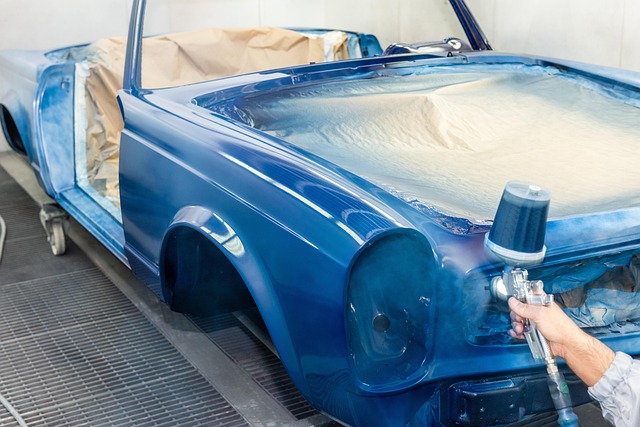Complete Guide to Tooth Replacement Options for Older Adults
Seniors considering dental implants? Learn the essentials before treatment, including bone health, procedure steps, and recovery. Discover how implants can restore function, comfort, and confidence, helping seniors maintain oral health and enjoy everyday activities with ease.

Tooth loss affects millions of seniors across the United States, with studies showing that adults over 65 are more likely to experience significant dental issues due to decades of wear, medical conditions, and medications that affect oral health. Modern dental implant technology offers seniors an opportunity to restore their smile and oral function with a solution that can last for decades when properly maintained.
What You Need To Know About Dental Implants for Seniors
Dental implants consist of three main components: a titanium post that integrates with the jawbone, an abutment that connects to the post, and a crown that replaces the visible tooth. For seniors, the process typically requires several months to complete, allowing time for proper healing and osseointegration. Age alone is not a disqualifying factor for dental implants, but overall health status, bone density, and healing capacity are important considerations. Many seniors in their 70s, 80s, and beyond successfully receive dental implants when they maintain good general health and have adequate jawbone structure to support the implants.
How Seniors Can Benefit From Dental Implants
The advantages of dental implants for older adults extend far beyond cosmetic improvements. Unlike dentures that can slip or cause discomfort, implants provide stable chewing function that allows seniors to enjoy a wider variety of nutritious foods. This improved diet can positively impact overall health and energy levels. Dental implants also help preserve facial structure by preventing the bone loss that typically occurs after tooth extraction. Speech clarity often improves significantly, as implants eliminate the whistling or mumbling that can occur with ill-fitting dentures. Additionally, the psychological benefits include increased confidence in social situations and improved self-esteem.
Choosing The Right Dental Implant Procedure For Seniors
Several implant options cater specifically to senior patients’ needs and circumstances. Single tooth implants work well for isolated tooth loss, while multiple implants can support bridges for several missing teeth. All-on-4 or All-on-6 procedures offer full-mouth restoration using just four to six strategically placed implants per arch, making them ideal for seniors with extensive tooth loss. Mini implants, which are smaller in diameter, may be suitable for seniors with limited bone density or those seeking a less invasive procedure. The choice depends on factors including bone quality, overall health, budget considerations, and personal preferences regarding treatment timeline and invasiveness.
Risks And Considerations Of Dental Implants For Seniors
While dental implants have high success rates, seniors face specific considerations that require careful evaluation. Age-related changes in healing capacity may extend recovery time, and certain medications like blood thinners or bisphosphonates can affect the implant process. Seniors with diabetes, heart disease, or compromised immune systems need thorough medical clearance and may require modified treatment protocols. Bone density naturally decreases with age, potentially requiring bone grafting procedures before implant placement. Smoking significantly increases failure risk and should be discontinued before treatment. Regular maintenance and good oral hygiene remain crucial for long-term implant success, which may be challenging for seniors with dexterity issues or cognitive changes.
| Provider Type | Average Cost Range | Treatment Timeline | Key Considerations |
|---|---|---|---|
| General Dentist | $3,000-$4,500 per implant | 3-6 months | Basic implant placement, may refer complex cases |
| Oral Surgeon | $3,500-$6,000 per implant | 4-8 months | Specialized in surgical procedures, handles complex cases |
| Periodontist | $3,200-$5,500 per implant | 3-7 months | Gum and bone specialists, excellent for compromised cases |
| Prosthodontist | $4,000-$7,000 per implant | 4-9 months | Restoration specialists, ideal for complex full-mouth cases |
Prices, rates, or cost estimates mentioned in this article are based on the latest available information but may change over time. Independent research is advised before making financial decisions.
Preparing for Success with Dental Implants
Successful dental implant treatment for seniors begins with comprehensive evaluation and planning. Pre-treatment assessments should include detailed medical history review, current medication analysis, and thorough oral examination with 3D imaging to assess bone structure. Seniors should discuss their expectations, lifestyle factors, and any concerns with their dental team. Proper preparation may include dental cleanings, treatment of existing oral health issues, and coordination with physicians regarding medications that might affect healing. Understanding the commitment required for post-operative care and long-term maintenance helps ensure realistic expectations and optimal outcomes.
Dental implants represent a significant advancement in senior oral healthcare, offering the potential for improved quality of life through better nutrition, enhanced speech, and increased confidence. While the process requires careful consideration of individual health factors and financial investment, many seniors find that dental implants provide the stability and function they need to maintain an active, fulfilling lifestyle well into their later years.
This article is for informational purposes only and should not be considered medical advice. Please consult a qualified healthcare professional for personalized guidance and treatment.




